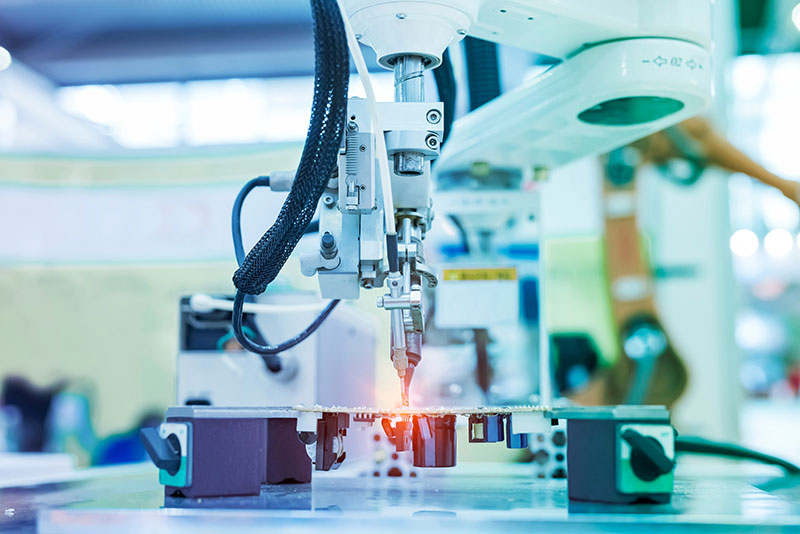PCBA assembly manufacturers face a number of future challenges that will drive the industry towards smarter, more sustainable manufacturing. Here are the future challenges for PCBA processing:

1、Smart Manufacturing and Automation:
Over the past few years, automation and machine learning have been widely used in PCBA assembly manufacturing. In the future, manufacturers will be faced with the challenge of how to further improve automation and achieve smart manufacturing. This includes more automated robots, autonomous decision-making systems and factory automation.
2、Artificial Intelligence and Big Data:
Using AI and big data analytics to improve productivity, quality control and predictive maintenance will be a challenge. At the same time, ensuring data security and privacy will be important concerns.
3、Sustainability and Green Manufacturing:
Environmental awareness is growing, and PCBA assembly manufacturers will be challenged to reduce waste, lower their carbon footprint, and adopt sustainable materials and energy sources. Sustainable manufacturing will become a key trend in the industry.
4、Supply Chain Risk Management:
Global supply chains face risks such as geopolitical tensions, natural disasters and epidemics. Manufacturers need more flexible supply chain strategies to cope with uncertainty.
5、High Density and Complexity:
The high density and complexity of electronic products is increasing, which means that PCBA assembly and processing requires more advanced technology and more sophisticated manufacturing processes. Addressing this challenge requires more investment in R&D and technology.
6、Safety and Reliability:
Electronics play an important role in many critical areas, such as medical, military and automotive. Ensure the safety and reliability of PCBA assembly will be an evolving challenge that requires continuous improvement of standards and test methods.
7、New Materials and Technologies:
The continuous emergence of new materials and new manufacturing technologies will bring opportunities and challenges for PCBA assembly. This includes innovations in areas such as flexible electronics, 3D printing, and quantum computing.
8、Talent Shortage:
Talent shortages in high-tech fields are a challenge. pcba assembly manufacturers need to find and train people with the required skills to ensure the continued development of the business.
9、Regulations and Compliance:
The electronics manufacturing industry is affected by changing regulations and compliance requirements. Manufacturers need to pay close attention and ensure compliance with these regulations while maintaining high quality and safety.
Overall, the future for PCBA assembly manufacturers will be full of opportunities and challenges. Through continued innovation, investment in technology and adaptability, manufacturers can maintain a competitive edge in a highly competitive marketplace and take solid steps towards smart, sustainable manufacturing.


